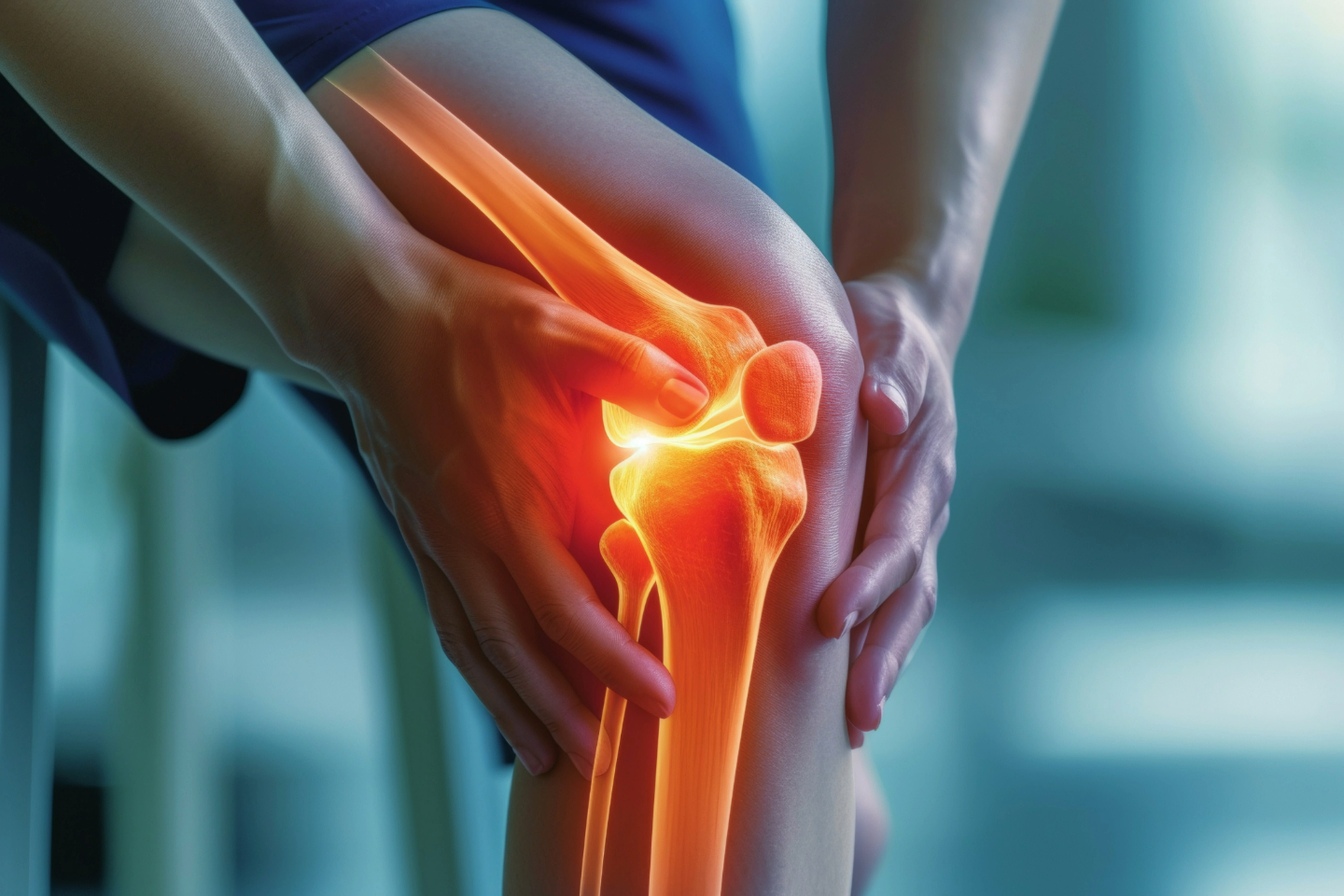Medical Devices
Understanding Total Knee Replacement for Younger Patients: A Growing Trend with Unique Factors

Total knee replacement (TKR), also known as knee arthroplasty, has long been a highly effective treatment for individuals suffering from severe knee pain and disability, primarily due to conditions like osteoarthritis. Historically, this procedure has been most commonly associated with older patients, typically over the age of 60. However, in recent years, there has been a significant rise in the number of younger patients, particularly those under 50, opting for TKR. This shift is driven by various factors, including an increase in sports-related injuries, early-onset arthritis, and advancements in surgical techniques that make the procedure more viable for an active, younger population.
While total knee replacement can dramatically improve quality of life by relieving pain and restoring function, younger patients face unique challenges and considerations that differ from their older counterparts. In this blog, we’ll explore why younger individuals are increasingly turning to TKR, the risks and benefits they face, and the innovations that are helping improve outcomes for this group.
Why Are Younger Patients Opting for Total Knee Replacement?
Several factors are contributing to the rising need for knee replacement surgery among younger patients:
Early-Onset Arthritis
One of the primary reasons younger patients seek TKR is due to early-onset arthritis, particularly osteoarthritis. While osteoarthritis is commonly associated with aging, younger individuals can develop the condition due to genetic predisposition, previous knee injuries, or joint malalignment. In some cases, rheumatoid arthritis and other inflammatory joint diseases can also lead to early knee degeneration, making TKR a necessary option.
Sports Injuries and Active Lifestyles
Many younger patients have a history of sports-related injuries, such as torn ligaments (ACL), meniscus damage, or cartilage injuries. These injuries can accelerate the deterioration of the knee joint, leading to chronic pain and functional limitations. Additionally, today’s active population often engages in high-impact sports and activities, which can take a toll on the knees over time. When conservative treatments such as physical therapy, medications, or arthroscopy fail to provide relief, TKR may become the best option.
Improved Surgical Techniques and Materials
Advancements in surgical techniques and implant materials have made TKR a more appealing option for younger patients. Modern knee implants are designed to last longer and withstand higher levels of activity, and minimally invasive surgical techniques can reduce recovery time and improve outcomes. These improvements, coupled with enhanced post-operative rehabilitation programs, have made the procedure more attractive to those who wish to maintain an active lifestyle.
Challenges and Considerations for Younger Patients
While total knee replacement can offer positive benefits, younger patients face distinct challenges that must be carefully considered before undergoing surgery.
Longevity of the Implant
One of the most significant concerns for younger patients is the longevity of the knee implant. While most knee replacements are expected to last around 15 to 20 years, younger patients are more likely to outlive their implants, necessitating revision surgery down the road. Revision surgery is more complex than the initial replacement and carries higher risks, including infection, bone loss, and complications related to scar tissue.
Patients who are in their 40s or 50s at the time of surgery may need one or more revision surgeries during their lifetime. This reality underscores the importance of delaying surgery as long as possible and exploring conservative treatment options first.
Higher Activity Levels
Unlike older individuals who may have more sedentary lifestyles, younger patients tend to be more active, which can place greater demands on their knee implants. High-impact activities, such as running, jumping, and heavy lifting, can accelerate wear and tear on the artificial joint. While modern implants are designed to accommodate more active lifestyles, they are not indestructible.
For younger patients, managing activity levels post-surgery is crucial to maximizing the longevity of the implant. Doctors often recommend low-impact exercises, such as swimming, cycling, or walking, to stay fit while protecting the new joint. However, managing expectations around activity levels can be a challenge, as many younger patients expect to return to their pre-surgery activity levels.
Potential for Revision Surgery
As mentioned earlier, younger patients are more likely to require revision surgery due to the longer lifespan of the individual compared to the implant. Revision surgeries are generally more complicated than primary replacements because they involve the removal of the old implant, which can cause bone loss, tissue damage, and other complications.
In addition to the physical risks, revision surgeries can be psychologically challenging for patients, as they may face a longer recovery time and reduced mobility during the healing process.
Innovations Improving Outcomes for Younger Patients
Fortunately, advancements in technology and surgical techniques are helping to address some of the unique challenges faced by younger patients undergoing total knee replacement.
Robotic-Assisted Surgery
Robotic-assisted knee replacement is one of the most exciting innovations in orthopedic surgery. This technology allows for greater precision during surgery, enabling the surgeon to customize the alignment and positioning of the implant based on the patient’s unique anatomy. By improving the accuracy of the procedure, robotic-assisted surgery can lead to better long-term outcomes, reduce the risk of implant wear, and decrease the likelihood of revision surgery.
Custom and High-Durability Implants
For younger, more active patients, newer implants are being developed with durability in mind. These implants are made from materials like highly cross-linked polyethylene and ceramics, which are more resistant to wear and tear compared to traditional metal and plastic components. Additionally, custom implants that are designed to match the patient’s anatomy can provide a better fit and improve the function of the knee, resulting in a more natural range of motion and greater longevity.
Improved Rehabilitation Protocols
Rehabilitation is a critical component of recovery after total knee replacement, particularly for younger patients who want to return to an active lifestyle. New rehabilitation protocols are more focused on accelerated recovery, with early mobilization and strength training to help patients regain function faster. These programs often incorporate physical therapy, strength training, and flexibility exercises to ensure optimal outcomes.
Conclusion: Is Total Knee Replacement the Right Choice for Younger Patients?
Total knee replacement can be a life-changing procedure for younger patients suffering from debilitating knee pain, allowing them to return to a more active and pain-free lifestyle. However, the decision to undergo TKR should not be taken lightly. Younger patients must carefully weigh the benefits of pain relief and improved mobility against the risks of implant longevity and the potential need for revision surgery.
Advances in surgical techniques, implant materials, and rehabilitation protocols are helping to make TKR a more viable option for younger patients, but it’s essential to have realistic expectations and to work closely with a skilled orthopedic surgeon to develop a personalized treatment plan. For many younger individuals, delaying surgery until absolutely necessary and exploring non-surgical options may be the best course of action. However, when conservative treatments fail, total knee replacement can offer a path to a more active life, alleviated of pain, even for younger patients.
The blog has been authored by Dr. Ponnanna Machaiah. The content is for informational purposes only and should not be taken as professional medical advice.





